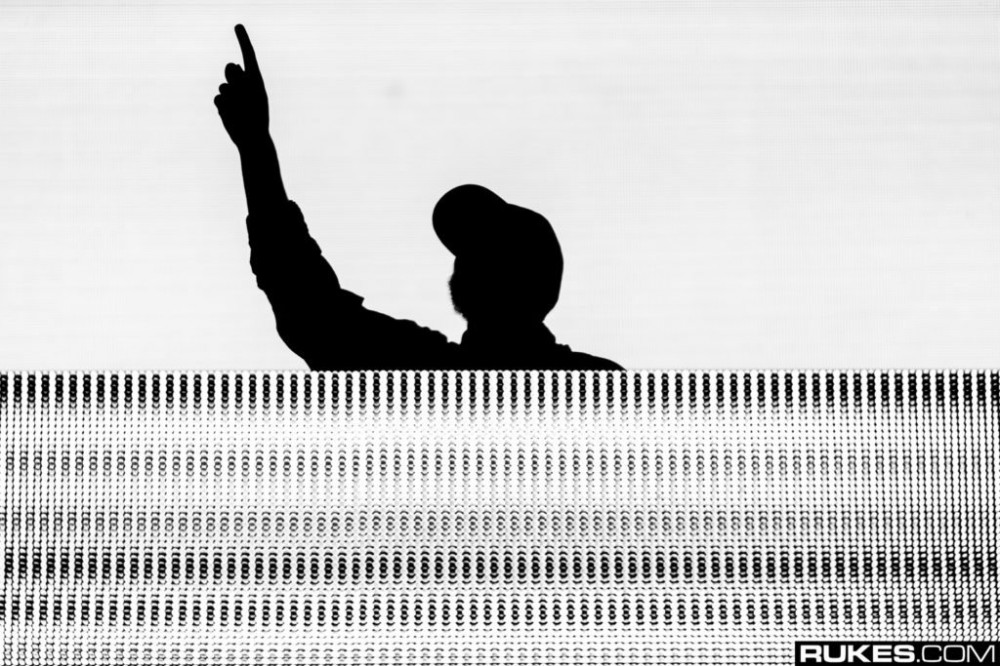
Artists are getting paid more than ever for their work, but the reality is that it’s still a very paltry sum. According to a published by Citigroup, only 12% the $43 billion generated by the music industry in 2017 was delivered to artists for their work. This is a significant increase from just 7% in 2000, but it’s still not enough.
The report reveals that the bulk the money is going to the middlemen: tech companies, radio stations, and record labels.
It also reveals that artists have turned to live performances more than streaming as their main source income, preparing massive, month-long tours that keep them on the road and playing gigs. We’ve seen repeatedly this year that artists have come out to criticize this model earning as it has the potential to be detrimental to mental health.
Citigroup does fer three possible solutions to the disparity in pay, as summarized by Pitchfork, “through vertical integration existing businesses (example: concert promoters merging with distribution platforms like Spotify), horizontal integration (distribution platforms merging with each other), and ‘organic’ vertical integration (distribution companies such Spotify entering the record label space).”
The could potentially help, as well, but it will ultimately require a massive shift in policy and regulations to fairly distribute revenue throughout the music industry.

Read the whole 88-page report from Citigroup .
Photo
